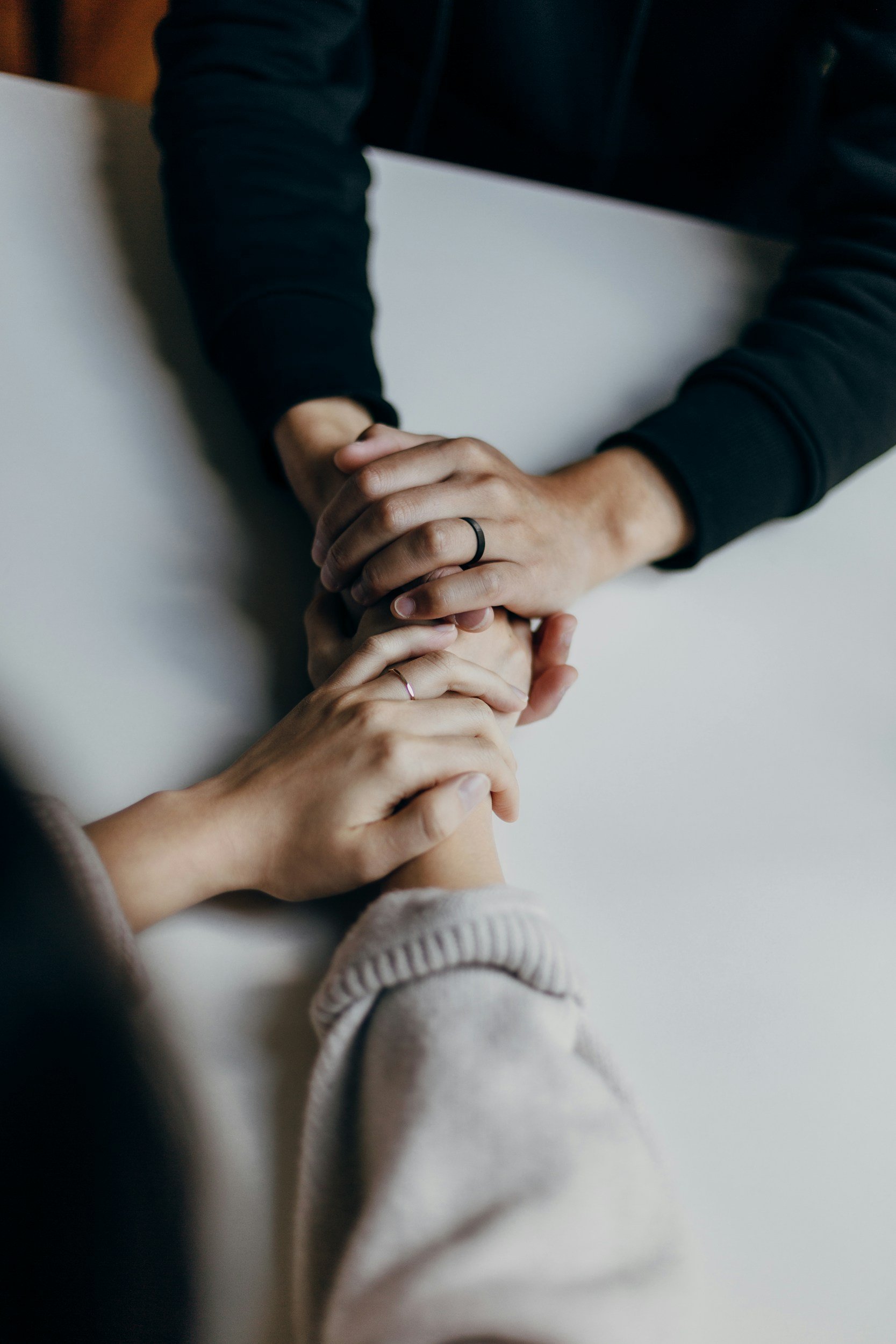The Day We Left Home: Reflections from an Evacuated Parent & Therapist
I never imagined that the day I tried to fly a kite with my husband and daughter would be the last time we played outside together at our home. It was one of those simple, sweet moments—full of laughter and the kind of joy you don’t think about until it’s gone.
On the evening of January 7th, everything changed. Around 7 PM, we got the notice to evacuate. The Eaton Canyon Fire was coming. It felt surreal as we rushed around in the dark, scrambling to pack with no laundry done and no real plan. My mind was racing, but one thought stood out: my little one needs to be okay.
I grabbed her superhero cape, two of her favorite books, her beloved teddy bear, and a handful of random clothes. I didn’t know what else to do, but I knew those small comforts might help. I was terrified—not just for our home, but for her. She’s used to her routine, her toys, her bed, her sense of stability. How would she handle all of this?
As we drove through the winds, dodging debris under a sky lit with flashes of lightning, my husband followed close behind in our second car with our dog. It felt like something out of a movie.
We spent that night in a hotel that had no power. It was eerie and unsettling, like stepping into a world I didn’t recognize. I stayed up, waiting for morning to come, filled with fear and an aching hope that we’d still have a home to go back to.
When the sun rose, we learned our house had survived. But the relief was bittersweet—many of our neighbors weren’t so lucky, and Altadena, the city we love was forever changed.
Since that night, we’ve been on the move—from a relative’s home in downtown LA to an unpleasant Airbnb in Diamond Bar, and now to a temporary place in my old college town. It’s been a whirlwind. Through it all, my thoughts have remained the same: my little one has to be okay.
But that relentless thought—while understandable—became a heavy weight. It fed into my anxiety, my feelings of powerlessness, and my sense of helplessness.
And then, slowly, I began to realize something: my daughter is far more resilient than I ever gave her credit for. It took about a week for the shock to wear off, and with it came this understanding: it’s okay for her not to be okay.
In some ways, I was telling myself that, too.
I’m sharing this because I know so many of you in our community—whether you're in Pasadena, Altadena, Sierra Madre, or Los Angeles—are going through similar challenges. As parents, caregivers, or loved ones, we just want the people we care about to feel safe, healthy, and happy. And right now, we’d give anything to have them back home.
There’s so much to process after an event like this—so many questions about how to navigate it for our kids, and for ourselves. The truth is, the way forward starts with us.
We can’t truly support our children’s emotional needs until we tend to our own. It’s not selfish; it’s necessary.
So I want to encourage you: make space for your feelings when you feel ready. It might look like sitting with those emotions for a moment, writing them down, moving your body, or talking with someone you trust. Whatever it is, let yourself feel it.
As Maslow’s hierarchy reminds us, we can’t process deeper emotions until our basic needs—like safety, food, and shelter—are met. That’s okay. There’s no timeline for healing.
Parents, hear me when I say this: take care of yourself first.
Our children’s mental health depends on ours. When we show up for ourselves, we’re better able to show up for them.
We’re in this together. And no matter how tough it feels, I promise you—you are stronger than you think.


